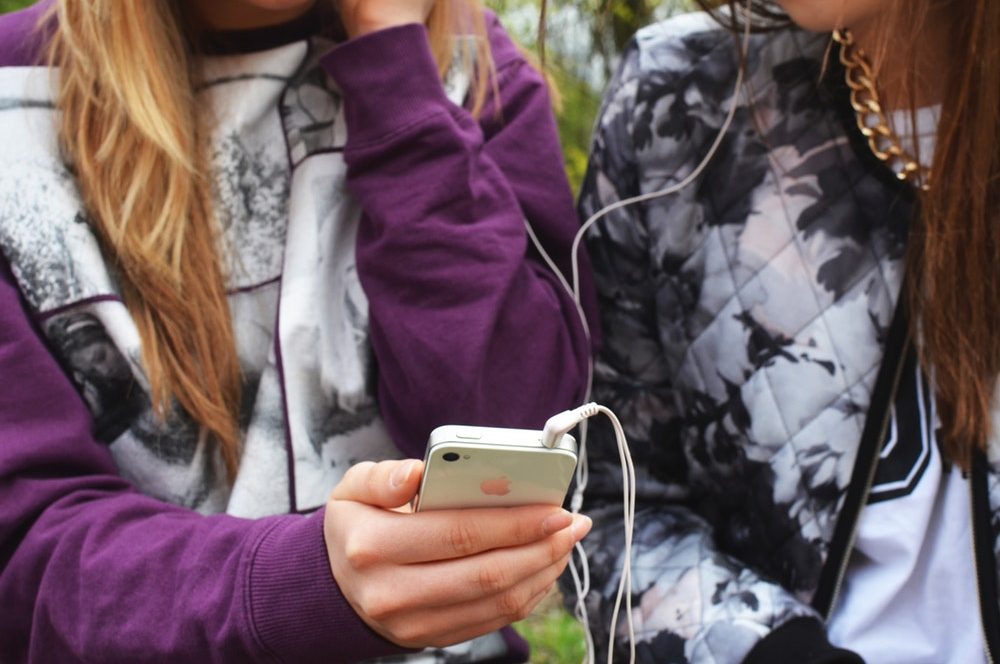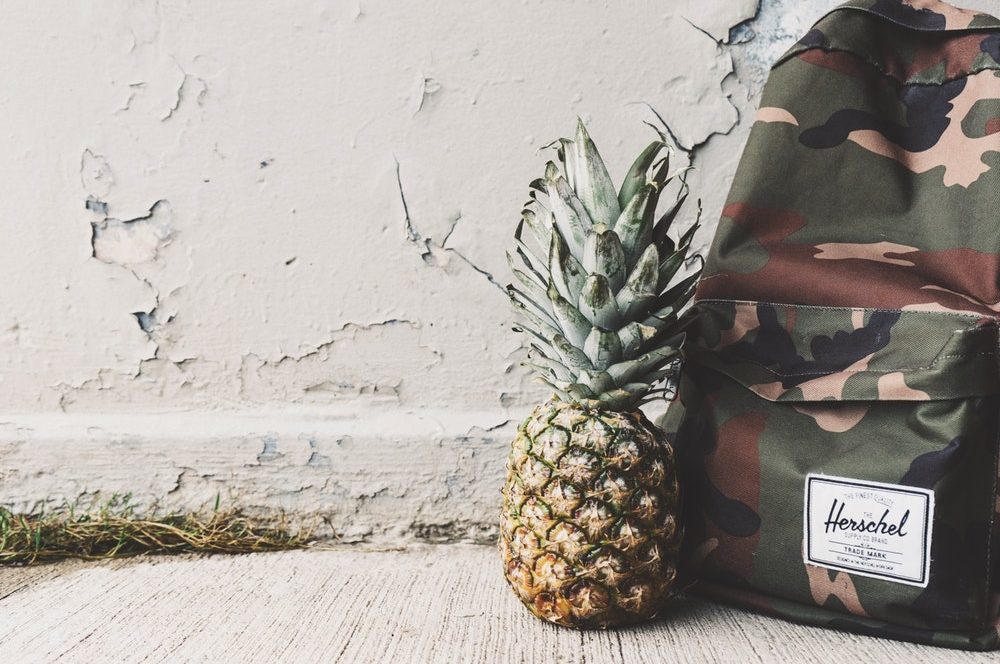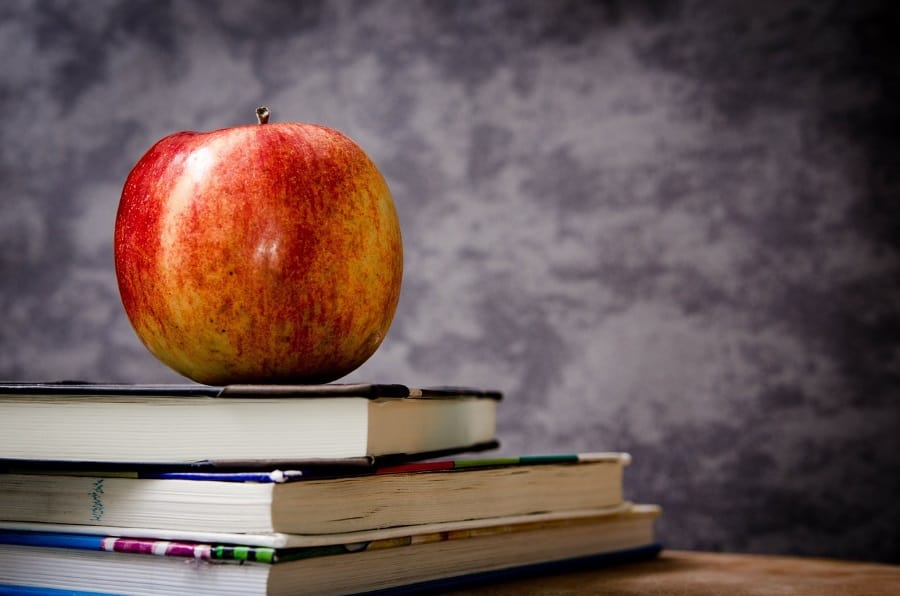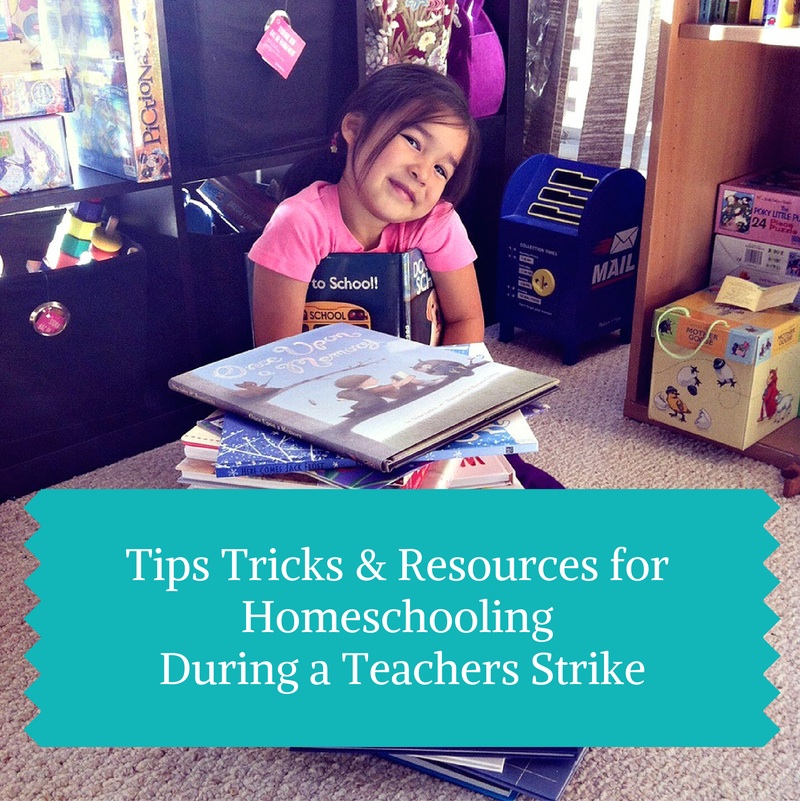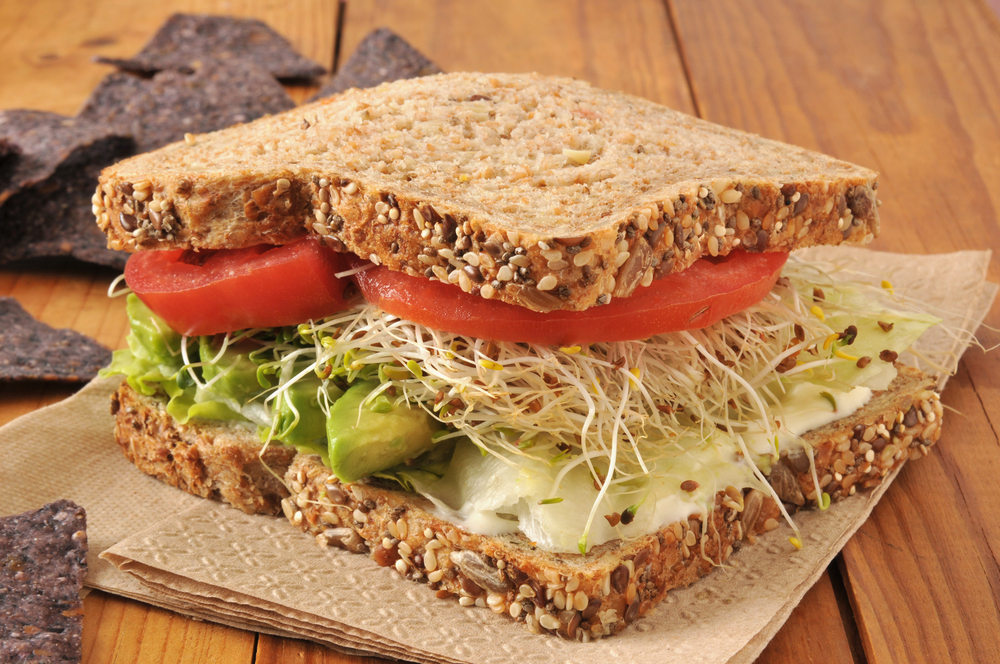My tween wants a cell phone. Correction, she wants a cell phone that allows her to text, play games online, send emails and lastly, make phone calls. Yesterday, she told me that more and more of the girls in her class (We’re talking 4th grade folks!) are getting cell phones for their 10th birthdays. She doesn’t want to wait a year. She wants one now. The question is, is my tween ready for a cell phone?
Back to school means back to a routine, back to feeling crazy busy and back to packing lunches. Aside from the daily content question of what to pack, have you given much thought to how you’re packing your lunches? A waste-free lunch by definition is one that contains no throwaway packaging or food leftovers. In terms of lunch gear products, re-usability is the number one factor when packing a waste-free lunch. A second factor, critical for your child’s health, is non-toxicity and a final factor to consider is durability. If you’re going to invest in reusable lunch gear, it makes sense to ensure it’s made to last. It also makes sense to encourage your child’s input on colours and patterns to encourage them to pack up their reusables for taking home.
You have kids and you want to be a part of everything they do. You want to see all of their “firsts” and you want to be the one to experience life with them. For some moms, that involvement may end once they get to be school-aged. For others though, there is still the pull to stay involved as their kids go through school. This finds us at the crossroads of yet another “mommy war.” I’m talking about the moms who choose to be actively involved with their kids’ school vs. the ones who think that this is a colossal waste of time: the PTO Mommy Wars.
We chatted with homeschooling expert Lisa Marie Fletcher, the creator of The Canadian Homeschooler and asked her to share some tips and tricks for parents who want to homeschool during the strike.
 10 Tips and Tricks for Homeschooling During a Teachers Strike:
10 Tips and Tricks for Homeschooling During a Teachers Strike:- Don’t go out and spend a ton of money on curriculum and materials. Try to keep it free/cheap and easy. In case the strike ends earlier than expected, or your child doesn’t learn the way that curriculum works, you don’t want to be out a lot of money.
- Expect that your school day isn’t going to look or feel the same as it is in a school setting. It won’t take as long (you might be done before lunch!), and you can sit on a couch or the floor (or in the tree!).
- Decide if you are going to simply follow your child’s interests and encourage them to learn as much as they can about it, or if you are going to try and follow the expectations of the government learning outcomes for their grade level. BC curriculum packages by grade can be found here.
- If you want to follow the guidelines, don’t stress too much about exact details or trying to figure out what each detail means. Look at the overall topic and use that as a way to start your plan. For example, in Grade 3 science they study plant growth. Plant a bean seed. Watch it and record the changes as it grows.
- Use local assets to your advantage – the library, museums and art galleries, tourist attractions, historical centres, etc. Read a lot. Play outside a lot. Learn together.
- Daniel Roizman of Hiyu had a few great suggestion for parents – Ensure you learn how to tether your laptops to your phones so they can work and homeschool from anywhere. Kids can get extra focus while camping or being on the beach.
- Have the kids watch a movie, then write a report on it and do a bit of research before too.
- Cooking – plan dinner. Have your child pick a theme (mexican, bbq, etc.), research recipes, make a list of ingredients, go shop and then prepare. You can also spread it across a few days (planning day 1, shopping day 2, cook day 3). Include some info on nutrition, organic or gmo and turn it into a science and math project.
- Our publisher was on CTV news with a few more suggestions of ideas for learning while helping the household. A few neat ideas included exploring impressionist and Mondrian-styled art in colours of the kids bedrooms, leaning about chemical reactions and preserving through canning, using a swiffer duster for a cleaning competition, making fairy houses for the garden, and scrapbooking and writing summer vacation memories.
- We also love the stop-motion lego app to inspire creativity and hone film-making skills.
 Considering homeschooling? Here are some great resources to help you get started:
Considering homeschooling? Here are some great resources to help you get started:- The Canadian Homeschooler– A site dedicated to sharing and providing Canadian resources to homeschooling families including Canadian materials, curriculum, products and websites that are relevant and useful to families across the country in their home education journeys.
- Kids Activities Blog– A site created by a part-time homeschooling mom who shares activities that she has both created and collected for her sons education.
- Reading A-Z– Thousands of downloadable, projectable, printable teacher materials, covering all the skills necessary for effective reading instruction.
- Teachers Pay Teachers– On this site, real teachers sell activity sheets and curriculum plans that they have created for a variety of subjects.
- Khan Academy– Provides “a free, world-class education for anyone, anywhere.” Subjects include math, science, arts and humanities, chemistry, computer science and more. For beginner learners to adult education.
- StarFall– A wonderful online tool that can be used on the computer or ipad to teach kids to read with phonics.
- Time For Learning- A student-paced online educational tool covering preschool through high school. Popular as a homeschool curriculum, an afterschool alternative to tutoring, and for summer skill building.
- Super Teacher Worksheets– Printable worksheets for teachers, parents, tutors, and homeschool families.
- Happy Hooligans- A website for arts, crafts and activities for kids from Toddler to Preschooler.
- World As We Knew It- Read your way through Canadian history with Canadian literature.
- World Bank of 1200 high-usage words for spelling.
So based on recent research, we’ve discovered that kids toss away much more of their lunchtime food than we originally thought.. Oops. Based on the outcome of the study, Hellmann’s partnered with Chuck Hughes to give parents a few new lunch tricks that will keep the school trash bins from filling up. Here is Chuck Hughes Veggie Sandwich with a garlic mayo that will keep the kids wanting more.
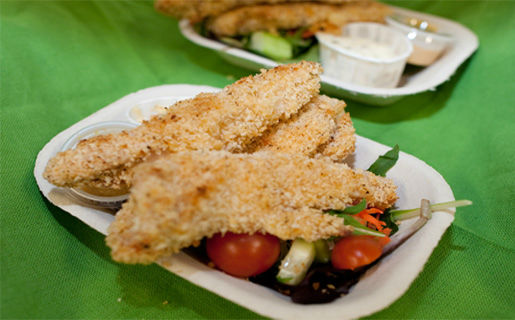 We all know that creative lunches can be hard to figure out. But recent research By Hellmann’s indicates that we might be wasting more lunchtime food than we originally thought. More than two thirds (72%) of Canadian parents who were polled believe that their children do not throw away lunch items while almost a third (31%) of Canadian children admit they throw out some of their lunch items, and nearly half (46%) report that they regularly trade some of their lunch items with friends. Oops. Based on the outcome of the study, Hellmann’s partnered with Chuck Hughes to give parents a few new lunch tricks that will keep the school trash bins from filling up. Here are Chuck Hughes Kid-Friendly Chicken Fingers.
We all know that creative lunches can be hard to figure out. But recent research By Hellmann’s indicates that we might be wasting more lunchtime food than we originally thought. More than two thirds (72%) of Canadian parents who were polled believe that their children do not throw away lunch items while almost a third (31%) of Canadian children admit they throw out some of their lunch items, and nearly half (46%) report that they regularly trade some of their lunch items with friends. Oops. Based on the outcome of the study, Hellmann’s partnered with Chuck Hughes to give parents a few new lunch tricks that will keep the school trash bins from filling up. Here are Chuck Hughes Kid-Friendly Chicken Fingers.
Just make sure they are kept nice and cold when you send them to school. (We love the Land’s End Madbox for this feature)!
Ingredients
- 2 Skinless Chicken breasts
- Half cup of whole wheat flour
- Half cup of Hellmann’s® mayonnaise
- 1 cup whole wheat bread crumbs or panko
- 1 tsp of cajun spice
- Half tsp of garlic powder
- Salt and Pepper
- Zest of a lemon
Steps
- Cut strips of chicken and dredge in whole wheat flour.
- Then coat the chicken with Hellmann’s® mayonnaise and toss in with the breadcrumbs, zest, cajun spice, garlic powder and Salt and Pepper
- Place Strips on a plaque covered with parchment paper. Pre-heat oven at 400 degrees
- Place in oven for approx 25 minutes flipping them half-way
- Serve with Honey-Mustard, ketchup and Caesar mayonnaise- see below
Caesar Mayonnaise….
- Half cup Hellmann’s® mayonnaise
- 1 tsp of chopped capers
- zest of half lemon and 1 tsp of juice
- 1 tbsp of chopped parsley
- 2 tbsp of grated parmesan
- Salt and Pepper
Mix everything in a bowl and serve.
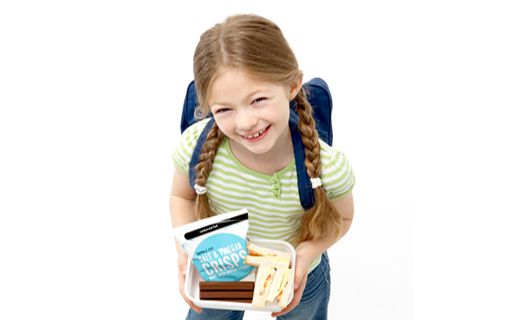 This year we have illustrious plans. Lunches will be made the night before, they will include fun, healthy options, and ‘litterless‘ will be a huge goal. Ok, even if we only bat one for three, here are a few tips that may make coming up with healthy school lunch ideas a bit easier.
This year we have illustrious plans. Lunches will be made the night before, they will include fun, healthy options, and ‘litterless‘ will be a huge goal. Ok, even if we only bat one for three, here are a few tips that may make coming up with healthy school lunch ideas a bit easier.
1. Substitute avocado or hummus for mayo – avocado serves as a healthy fat source plus provides a creamy spread for sandwiches.
2. Use your slow cooker overnight to have healthy hot thermos food ready and waiting in the morning. Hot lunches are a treat in the winter. (Or you could just reheat leftovers). Our Slow Cooker Pinterest Board is a great source for recipes.
3. Pep up your plain old PB&J with almond butter and fresh fruit slices –fresh fruit means natural sugars. Check with the school if ‘peanut-free’ also means ‘almond-free’. Stores like Whole Foods have great peanut butter alternatives.
4. Margaret Ng, Health and Wellness Manager, at Pacific Blue Cross recommends always using whole grain breads or tortillas – wraps are a fun change of pace especially when they are packed with veggies. And when you’re not around to hear the kids complain, we bet they’ll forgo the white bread – especially after a busy morning of school.
5. Swap processed chips and snacks for healthier homemade options like trail mix with dried fruits and nuts, homemade fruit roll-ups or granola balls.
6. Keep it petite: Little people enjoy little portions so they can snack through the day. Out: the double-decker hero sandwich. In: A stylish Bento box filled with flavours and colours.
7. Play with their food. It needn’t take a ton of extra time to cut their sandwiches with cookie cutters or insert raisin eyes into a celery/cream cheese caterpillar. If you want more fun ideas we are always updating our school lunch Pinterest board.
8. Add fun with finger foods: Experiment with nutritious dips and spreads for veggies and crackers. Alternatively, boil an egg they can peel themselves.
9. Consult your kid: There is no better way to ensure they eat their lunch than by getting their buy-in. Find out what their favourite snacks are and shop accordingly. If they are older, give them an assignment at the grocery store to find 5 healthy options they will want to take in their lunch and send them down the aisles. (Make sure you get veto-power though).
Good Luck and Happy Lunch-making!
Reading to your babies and kids is one of those important things like brushing teeth and eating veggies that can sometimes slip by the wayside (or can give your mother-in-law fodder for more unwanted advice). UrbanMommies loves books (make sure you check our Get Reading section regularly), so we asked a child reading specialist for some helpful tips on making sure your kids are well versed (so to speak) in reading.
 With the government constantly cutting back school funding, it is up to parents and communities to raise significant parts of the the budget – particularly where sports, arts and playgrounds are concerned. We interviewed Karey Heard, a mom of two and crackerjack fundraiser from Toronto, to provide us with some ideas. If you can get a great fundraising team together, you can mix traditional fundraising initiatives with out-of-the box ideas. Ultimately, the process will do more than raise money for your child’s school.
With the government constantly cutting back school funding, it is up to parents and communities to raise significant parts of the the budget – particularly where sports, arts and playgrounds are concerned. We interviewed Karey Heard, a mom of two and crackerjack fundraiser from Toronto, to provide us with some ideas. If you can get a great fundraising team together, you can mix traditional fundraising initiatives with out-of-the box ideas. Ultimately, the process will do more than raise money for your child’s school.
It’s time for back-to-school scrambling which usually includes shopping for brand new school supplies. But which school supplies are safe for your kids? Last year, a report was released by Environmental Defense and the US-Based Center for Health, Environment and Justice outlining guidelines for purchasing safe back-to-school products. Polyvinyl Chloride or PVC is found in many common school supplies and other children’s products and is of key concern in the report.

